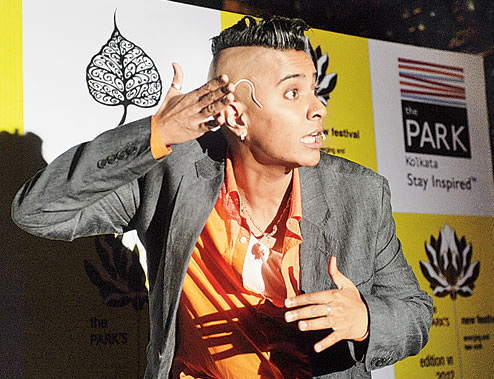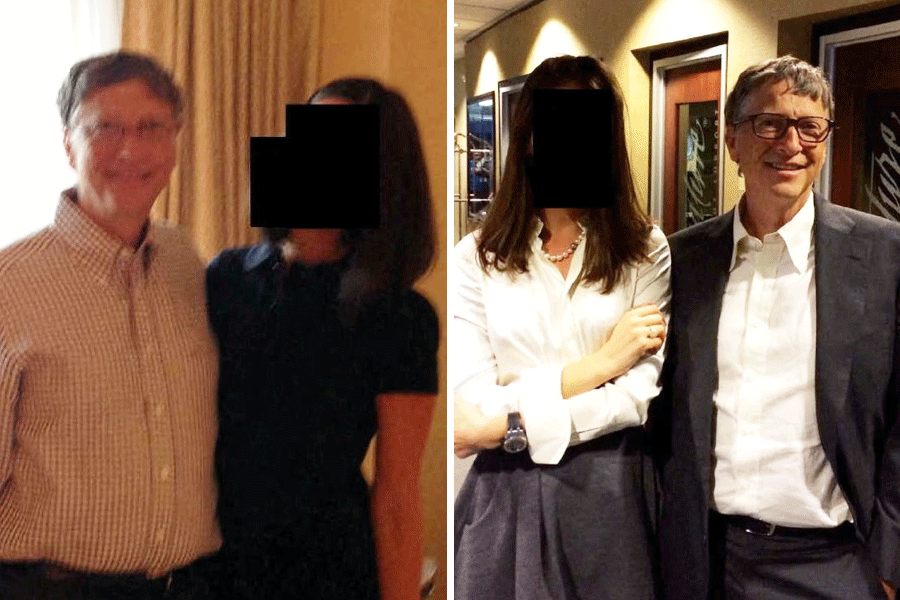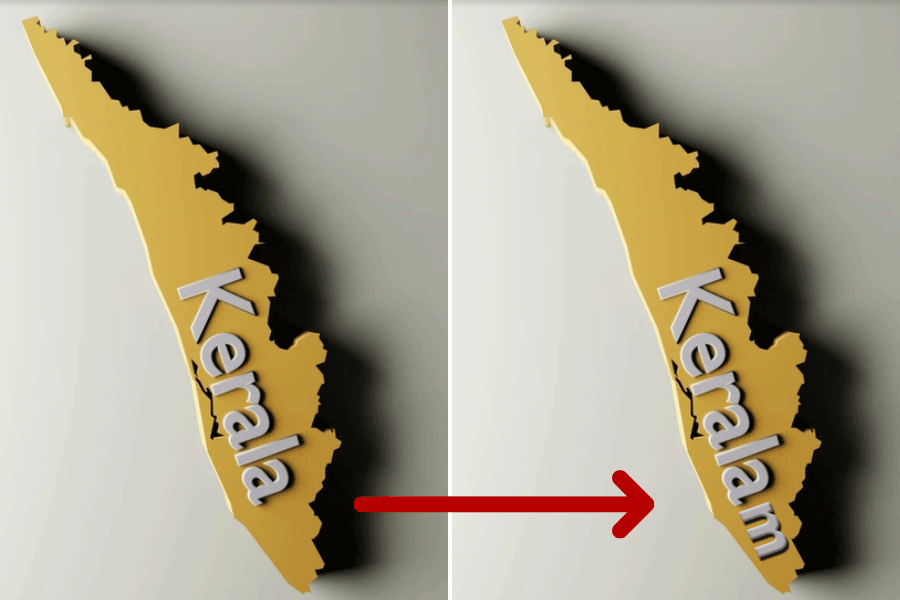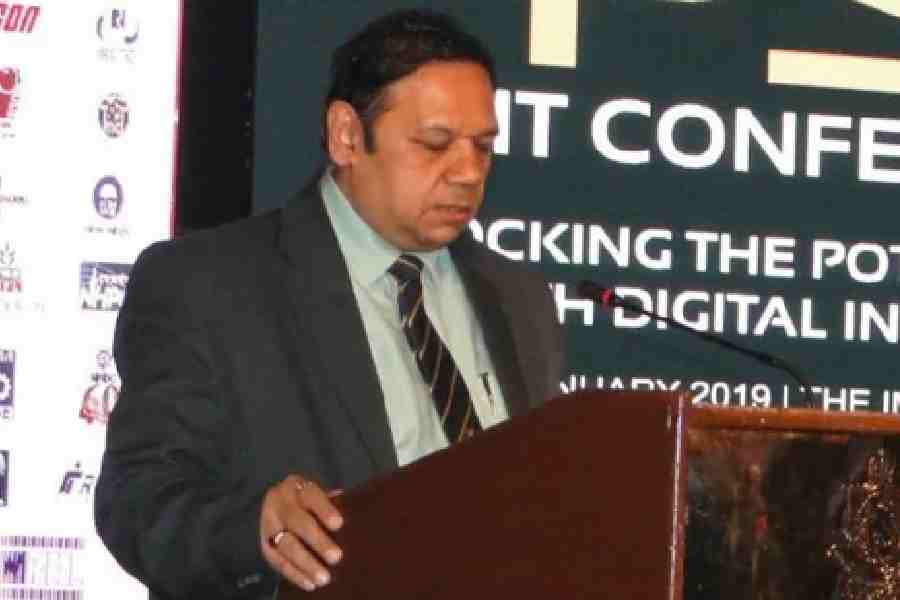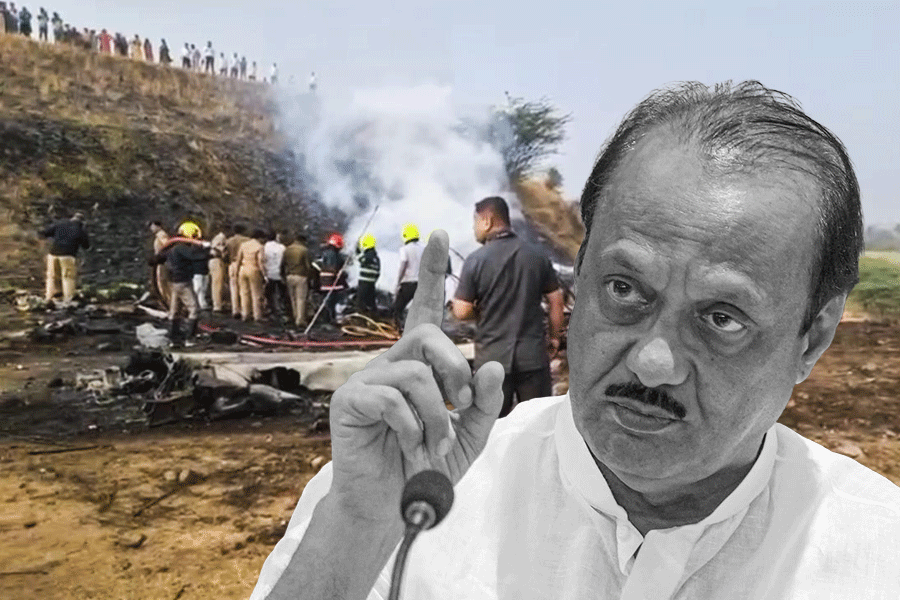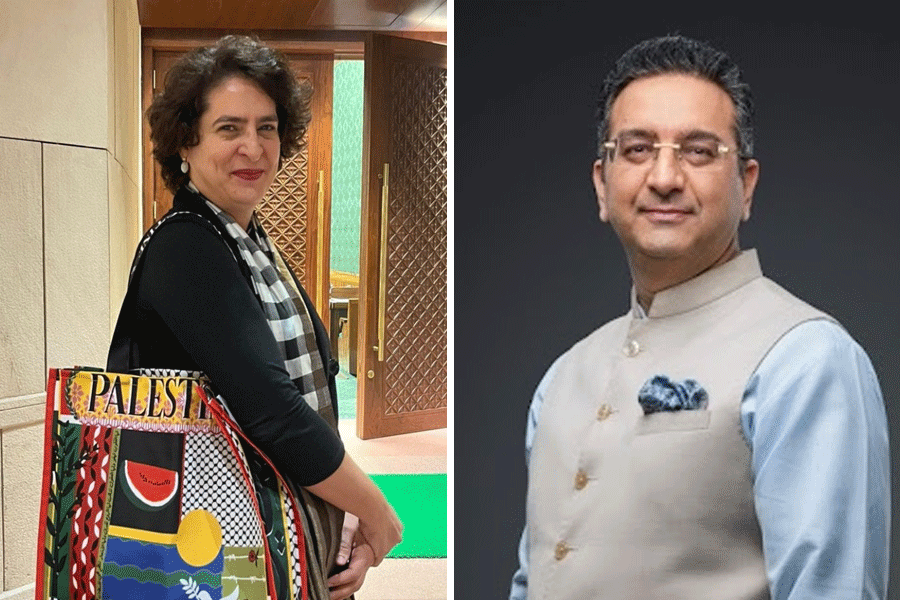 |
| D’Lo performs D’FunQT at Roxy. Picture by Rashbehari Das |
D’Lo was born a woman, “passes for a male” but feels most at home as a “transgender”. The tumultous life of this Sri Lankan-American comedian artiste is the subject of his fun solo act D’FunQT. Last Thursday evening at Roxy, 34-year-old D’Lo performed the humorous but thought-provoking piece as part of The Park’s New Festival 2012. A t2 chat...
Political theatre artist/writer, comedian and music producer... tell us who you actually are!
The label that best suits me is artiste and I happen to be a queer artist. So, the content of my work is always going to be talking about queer issues but not just about sexual orientation or gender identification. Queer to me means an aesthetic of seeing the world outside of the norm. But that does not mean that we are abnormal, it just means that we are not the status quo, so we are thinking on a very different level. So, even the genres I work with, be it dance, poetry or story, it always has a bend which is not typical. It is not of a hetero-normative construct.
When was the first time you realised you were gay?
It is very hard to explain to people who don’t know queer people that there is no ‘one’ moment when we know. We just know! My identification has really been dictated by gender. I always thought I was a boy, I looked like one. So, when I came out, because there were no other terms that suited me, I called myself a gay woman. The word transgender fits me more. But I think I knew that society was not going to take who I was lightly from age 10 or 11. I challenged the norm consciously only post-puberty. I wanted to do music and music production. I ended up following that dream but that was not taken lightly either. My parents insisted I had to go to college. I went to UCLA, though I majored in Ethnomusicology.
What are your parents’ reaction to your shows?
My parents have seen only one of my shows, which was a theatre piece, but they know that I talk about this. Basically, I had to let them know that all the pain that the family has gone through, I have turned it into a show (laughs)! But this is my story, probably theirs is different. There is a documentary being made on me and they were interviewed for it. My parents’ recollection is sort of warped. They don’t recall all the things we had to go through because we are now in a different spot. I think it is an immigrant or a South-Asian thing, denial is the way we survive the pain. For me, I process the pain by joking about it. So, it is weird to hear how they have been accepting or how they have loved me throughout, where obviously my thought about it was that I was not loved.
Did you get into acting to express your individuality?
I was always a jokester. But when I first started performing — mostly spoken word and hip hop — it was serious, because I was tackling bigger world issues like police brutality, AIDS, wars. At age 17, I wanted to be taken seriously, so I thought that if I worked on serious stuff I would. Once I went to New York, I started doing theatre and writing my own work. It shaped my artistic career and acting ability. Finally I felt like I was coming back to who I was by adding humour to my performance.
How much of this show is fact? Isn’t bringing so much to the public intrusive and scary?
The matter for the stand-up comedic storytelling is 100 per cent non-fiction. I can’t lie about the shit that’s going on, but it is not scary. I am too old now (34 years). I am not bothered about it anymore.
What kind of response did you get in India where people are uncomfortable addressing issues of gender and sexuality?
It is very interesting because there are some who love the show, some whose mind is opened by the show, and then like in Hyderabad I had a couple of walk-outs. But for the most part, the response has been overwhelmingly positive. D’FunQT is an hour and 20-minutes long, and what I did was around 50 minutes. I cut out a lot and stuck to only the parts related to my family life, the episodes which marked me in some way because I knew people would relate to it.
What does it feel like to be finally accepted for who you are and being a success story?
I might be celebrated on stage but being celebrated in everyday life does not necessarily happen. Even now, when I am not passing for a male, I still walk around with the same fear that I always had — I don’t know what kind of energy is coming my way, whether it is going to put me in trouble. So, celebration of the art is there but it is not like the issues for the queer, for the transgender people are gone. We are still trying to get some visibility. So a good thing is, when I am on stage I am not just telling my story, it reflects the stories of the community I identify with. Throughout the India tour, there were a lot of heterosexual people in the audience and I got to speak to them through art, which is a powerful tool. I feel this can change people’s mind.
What prompted your decision to undergo mastectomy?
Identifying as transgender could mean a variety of things but from my perspective, I was going back to a body that I had left my boyhood in. Mastectomy is the best and most beautiful, biggest, selfish decision I have taken. It is hard to describe it because many say, ‘You are not on testosterone and you don’t fully pass off as a man, so it is just cosmetic.’ Why should changing my body be cosmetic? It is not like liposuction or implants. There are so many things in society that dictate how a man or a woman should behave, and for me I know I fit neither. So for me, it is to be as comfortable as I can within me and I knew it was something I had to do.
What’s your next work about?
The next piece is about mental and physical health, access to healthcare. So it talks about places like hospitals and jails shown through the voice of six to seven immigrant characters.

